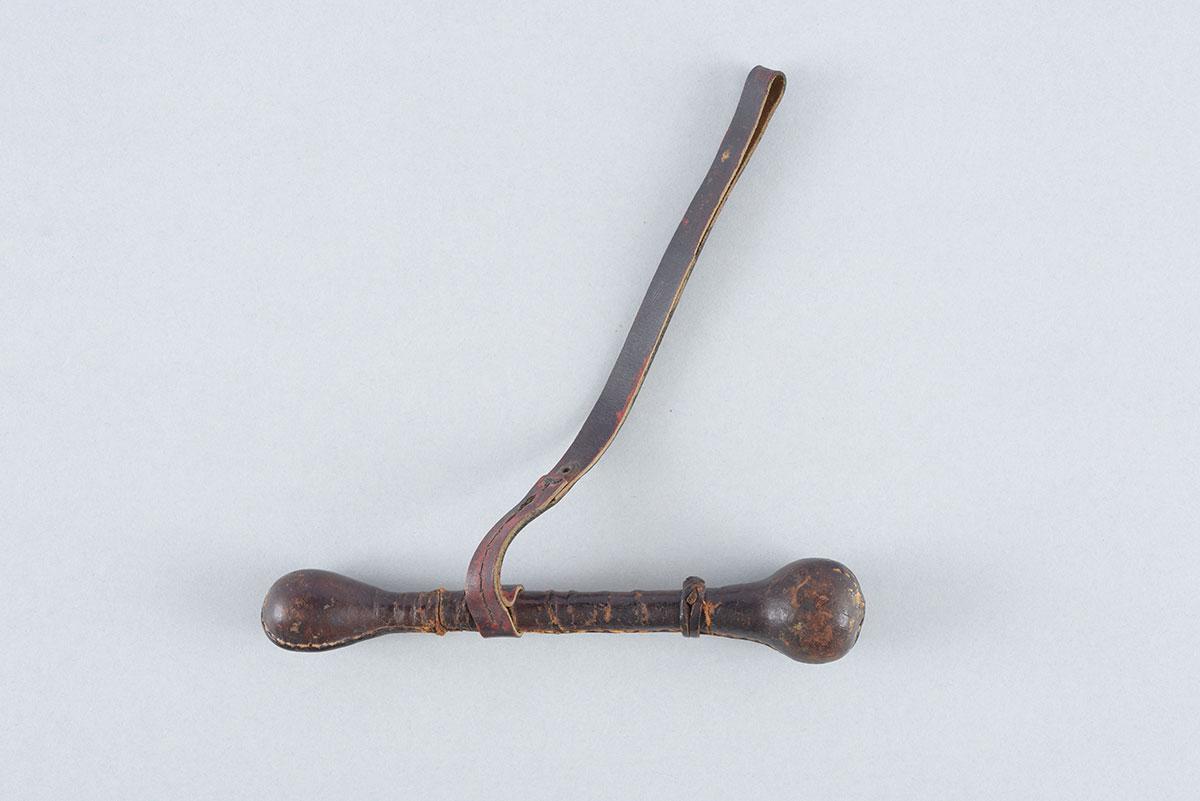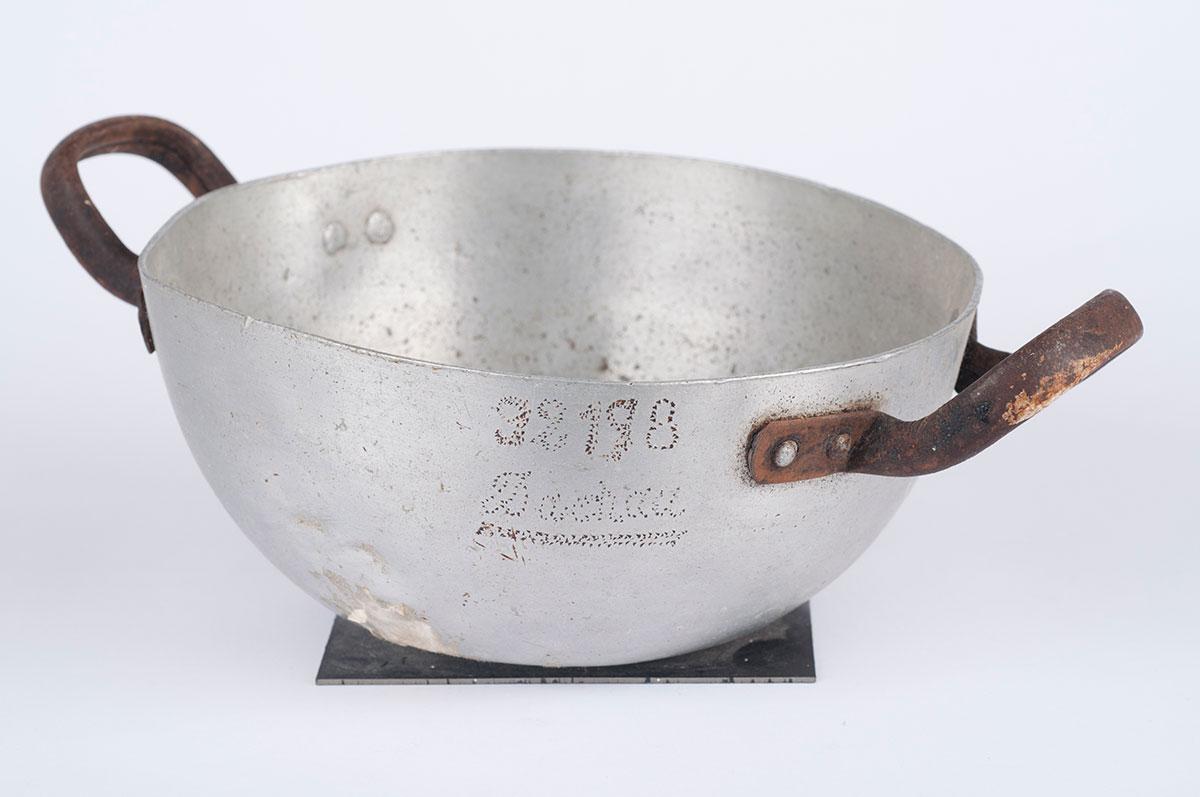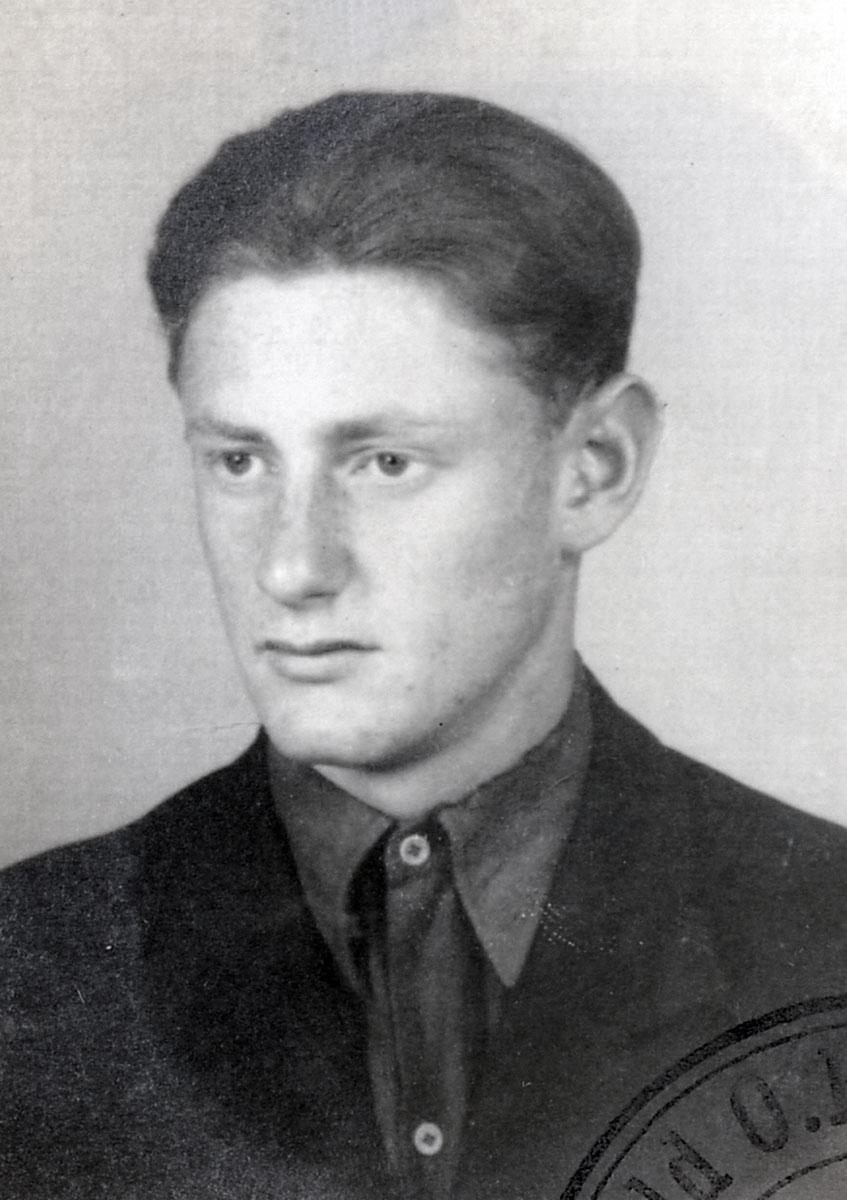
Yad Vashem Artifacts Collection
Courtesy of Shlomo Resnik, Netanya, Israel


Yad Vashem Artifacts Collection
Courtesy of Shlomo Resnik, Netanya, Israel



Sunday to Thursday: 09:00-17:00
Fridays and Holiday eves: 09:00-14:00
Yad Vashem is closed on Saturdays and all Jewish Holidays.
Entrance to the Holocaust History Museum is not permitted for children under the age of 10. Babies in strollers or carriers will not be permitted to enter.

Yad Vashem Artifacts Collection
Courtesy of Shlomo Resnik, Netanya, Israel


Yad Vashem Artifacts Collection
Courtesy of Shlomo Resnik, Netanya, Israel



On the day that the SS guards abandoned the camp at Dachau, Shlomo Resnik walked out of the camp a free man and set off for the nearest town. He heard cries that the Americans had arrived and he saw US soldiers arresting an SS man who was sitting in an army jeep. After the SS man was taken away, Shlomo went up to the now empty jeep and found the Nazi's possessions there.
"I still had the nerve to open the door on the left hand side and inside I found his 'Totschlager' (lit: death stick) made of lead on two sides with a spring and leather, and I have kept it to this day."
(Excerpt from Shlomo Resnik's testimony)
Before the war Shlomo lived in Siauliai, Lithuania. He was deported with his parents to the Stutthof camp, where he and his father were separated from his mother and sent to Dachau. Father and son succeeded in surviving until the liberation, taking with them the bowl they had in the camp, which Shlomo described as "more valuable than gold" and helped them to survive. Shlomo's father's inmate number was engraved on the bowl and later, after the war, Shlomo added a list of relevant dates pertaining to their period of incarceration:
"1944-1945
Dachau
Prison number 92198 - Meir Resnik z"l,
Prison number 92197 - son, Shlomo Resnik
Siauliai, Lithuania"
For many years Shlomo Resnik preserved these two items to bear witness to the events of the Holocaust - the bowl, representing the survival of father and son in the camp, and the truncheon, symbolizing the liberation.
Yad Vashem Artifacts Collection
Courtesy of Shlomo Resnik, Netanya, Israel

Thank you for registering to receive information from Yad Vashem.
You will receive periodic updates regarding recent events, publications and new initiatives.

"The work of Yad Vashem is critical and necessary to remind the world of the consequences of hate"
Paul Daly
#GivingTuesday
Donate to Educate Against Hate


Worldwide antisemitism is on the rise.
At Yad Vashem, we strive to make the world a better place by combating antisemitism through teacher training, international lectures and workshops and online courses.
We need you to partner with us in this vital mission to #EducateAgainstHate
The good news:
The Yad Vashem website had recently undergone a major upgrade!
The less good news:
The page you are looking for has apparently been moved.
We are therefore redirecting you to what we hope will be a useful landing page.
For any questions/clarifications/problems, please contact: webmaster@yadvashem.org.il
Press the X button to continue



